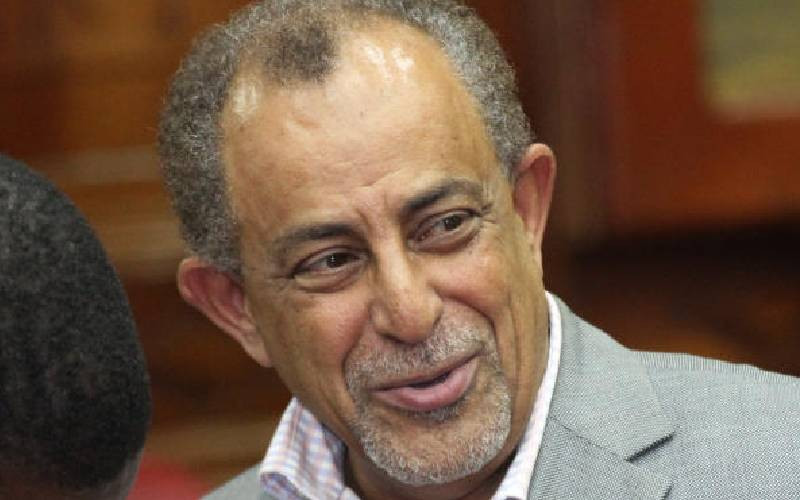2014 has not been a good year for South Africa's economy, South African economic experts told Xinhua in a recent interview.
"The economic climate was very challenging and the country could not reach its economic targets. The finance minister had to revise the growth forecast from 2.7 percent to 1.4 percent due to both domestic and external factors," independent economic expert Zamikhaya Maseti said.
Maseti said the external factors included a weak global environment including the slowdown in Europe and other emerging economies. The economic strain in these regions led to a reduced demand for South African goods.
Internally, he said long mining sector strikes dented the country's Gross Domestic Product (GDP).
As a result of the strike Maseti said, "Companies could not pay tax and nothing came from platinum mines for 6 months. The strike also made investors to be skeptical about investing in South Africa."
"As a result of these challenges the economy failed to create the anticipated meaningful jobs, leaving the unemployment rate still above 24 percent," added the expert.
Maseti also said the manufacturing sector did not perform well despite a weak South African currency Rand.
"They could not take advantage of the weak rand to sell goods out of the country. The weak rand could have given them more profit from exports," said Maseti.
Things did not go well again in the financial sector. The Moody' s Investment Service, a major international credit rating agency, downgraded credit ratings for the five largest banks in South Africa in November. It cited the government's weakening credit profile and weaker economic growth as the main reasons for the downgrade.
The affected banks included Investec, FirstRand, Nedbank, ABSA and the Standard Bank of South Africa. The state-owned development
financial houses namely the Development Bank of Southern Africa and Industrial Development Corporation were also downgraded due to the government's weakening ability to provide them with financial support.
The country's energy supply parastatal, Eskom also faced huge energy challenges with the end of 2014 marred by power cuts, which badly affected business operations.
"It was a bad year for South Africa. The economic growth, strikes and government spending were all in the negative. As a result we had a negative business confidence," said Maseti.
"The Rand was under a lot of pressure against other currencies particularly the U.S dollar," said Martyn Davies, Chief Executive Officer of the Frontier Advisory, a leading emerging market research firm.
However, the South African government says the country still has a bright future. The ministry of finance projects a 3 percent growth in 2017. It has also reduced government spending by 1 billion U.S. dollars in 2015/16 followed by another reduction of 1. 5 billion U.S dollars in 2016/17 as a cushioning measure.
Stay informed. Subscribe to our newsletter
The government has also undertaken to provide guarantees to the energy parastatal Eskom, for it to be able to borrow up to 20 billion U.S dollars for energy development programs.
The national development plan has been put in the forefront of the country's economic development. To achieve this the government has announced major support to key sectors like mining, transport, renewable energy and the financial sector.
Davies said the government needs to urgently implement strategic measures to turn the economy around.
He said, "The domestic capacity has to be increased. They also have to privatize some of the state enterprises like the South African Airways and Eskom."
Maseti also agrees that there is still hope of recovery, if the government takes decisive remedial action on all things that were not done right in 2014.
"We are likely to see growth in the Agriculture sector with the cost of diesel going down. In the second quarter of 2015 we are also likely to have relief with food prices going down," Maseti said.
"The oil prices going down will see motorists having extra money to direct somewhere," said Maseti.
 The Standard Group Plc is a
multi-media organization with investments in media platforms spanning newspaper
print operations, television, radio broadcasting, digital and online services. The
Standard Group is recognized as a leading multi-media house in Kenya with a key
influence in matters of national and international interest.
The Standard Group Plc is a
multi-media organization with investments in media platforms spanning newspaper
print operations, television, radio broadcasting, digital and online services. The
Standard Group is recognized as a leading multi-media house in Kenya with a key
influence in matters of national and international interest.
 The Standard Group Plc is a
multi-media organization with investments in media platforms spanning newspaper
print operations, television, radio broadcasting, digital and online services. The
Standard Group is recognized as a leading multi-media house in Kenya with a key
influence in matters of national and international interest.
The Standard Group Plc is a
multi-media organization with investments in media platforms spanning newspaper
print operations, television, radio broadcasting, digital and online services. The
Standard Group is recognized as a leading multi-media house in Kenya with a key
influence in matters of national and international interest.







